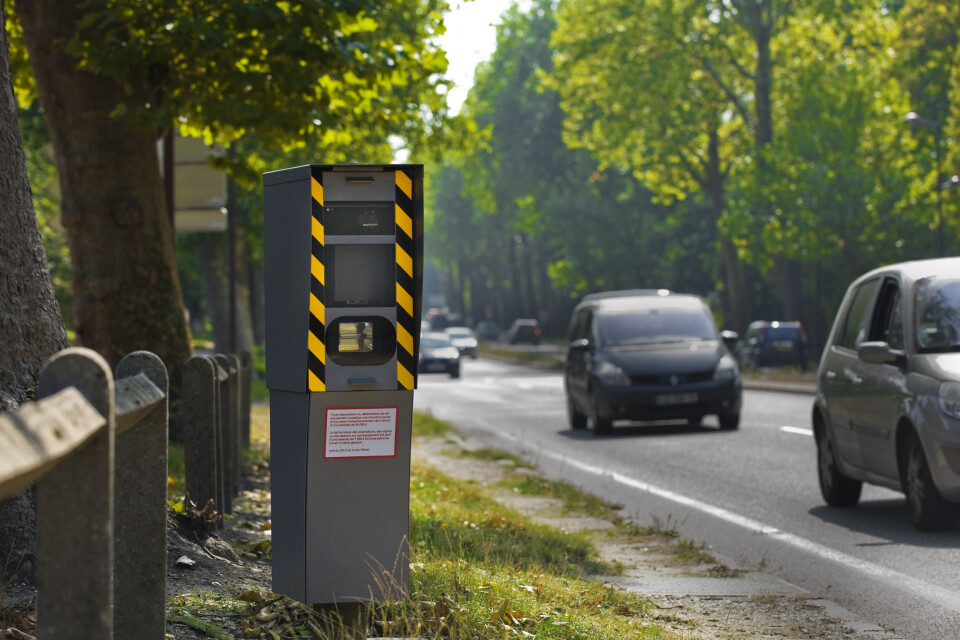-
Pistes closed, confinement orders: Alpine resorts deal with avalanche risk
Increased snowfall this weekend may cause further closures as busy school holiday season continues
-
Former French Interior Minister announces 2027 presidential candidacy
Bruno Retailleau recently asked prefectures to be tough on immigration
-
Ryanair axes Dublin-Rodez route but London connection retained
“We are disappointed but had no say in decision” say airport authorities
New French law allows speed cameras to be decided at local level
The law, prompted by the gilets jeunes protests, allows French communes to have a say on local wind turbine plans

Communes will be able to have their own speed cameras if they want, as part of a new law passed by parliament.
The law was drawn up in response to the gilets jaunes protests but also covers a range of other subjects.
Read more: Who are the gilets jaunes today?
The speed camera measure was one of the requests local councillors made when President Macron toured the country after the protests to show he was taking local concerns seriously.
It is dubbed the loi 3Ds after its full name of loi relatif à la différenciation, la décentralisation, la déconcentration et portant diverses mesures de simplification de l’action publique locale. This has provoked much ironic comment in French media because of the complexity of large parts of the text.
Read more: Mairies could decide where to put local speed cameras under new bill
Until now, communes with municipal police forces could only enforce speed laws using radar binocular sets, which require a team of officers to run.
Income from the fines of local speed cameras will go into the state’s kitty, with at least 30% of it being used for road safety measures.
Other parts of the bill allow local communes and metropolitan areas to take control of routes nationales. This might end some of the confusion that occurs when roads move from one status to another as they cross commune boundaries.
Although the government’s latest energy plan calls for an end to new land-based wind turbines, because they are extremely unpopular, the law changed planning permission procedures so that now communes that want wind turbines have to say so in their plans locaux d’urbanisme.
The law also says neighbouring communes must be consulted during the planning process for wind turbines.
Read more: French court finds wind farm as source of health issues for residents
Regulations on council houses and flats are also changed under the law. Targets of at least 20% of accommodation in a commune as social housing remain, but the deadline of 2025 has been extended to a date yet to be fixed.
It is also now possible for communes to make plans with their neighbours to meet the requirement – by building a joint housing estate, for example.
Communes can now reclaim deserted buildings (called biens sans maîtres) after 10 years instead of 30.
Schools might also see some changes, with departmental and regional councils being given autorité fonctionnelle over the management of collèges and lycées.
Staff running kitchens, security and accounts will now have their status, as local or state civil servants, clarified.
All teachers and teaching-related matters remain under the national education ministry.
The law also has special provisions for Marseille, where an intermediate level of government will be done away with, and for Seine-Saint-Denis, where RSA social grants will be taken back under government control for a five-year trial.
Councillors had complained there are so many people getting RSA, the department has run out of money for everything else.
Related articles
Brittany: Locals win appeal to cancel already built XXL wind turbines
Speed radars should check cars are safe and insured, says French MP
























